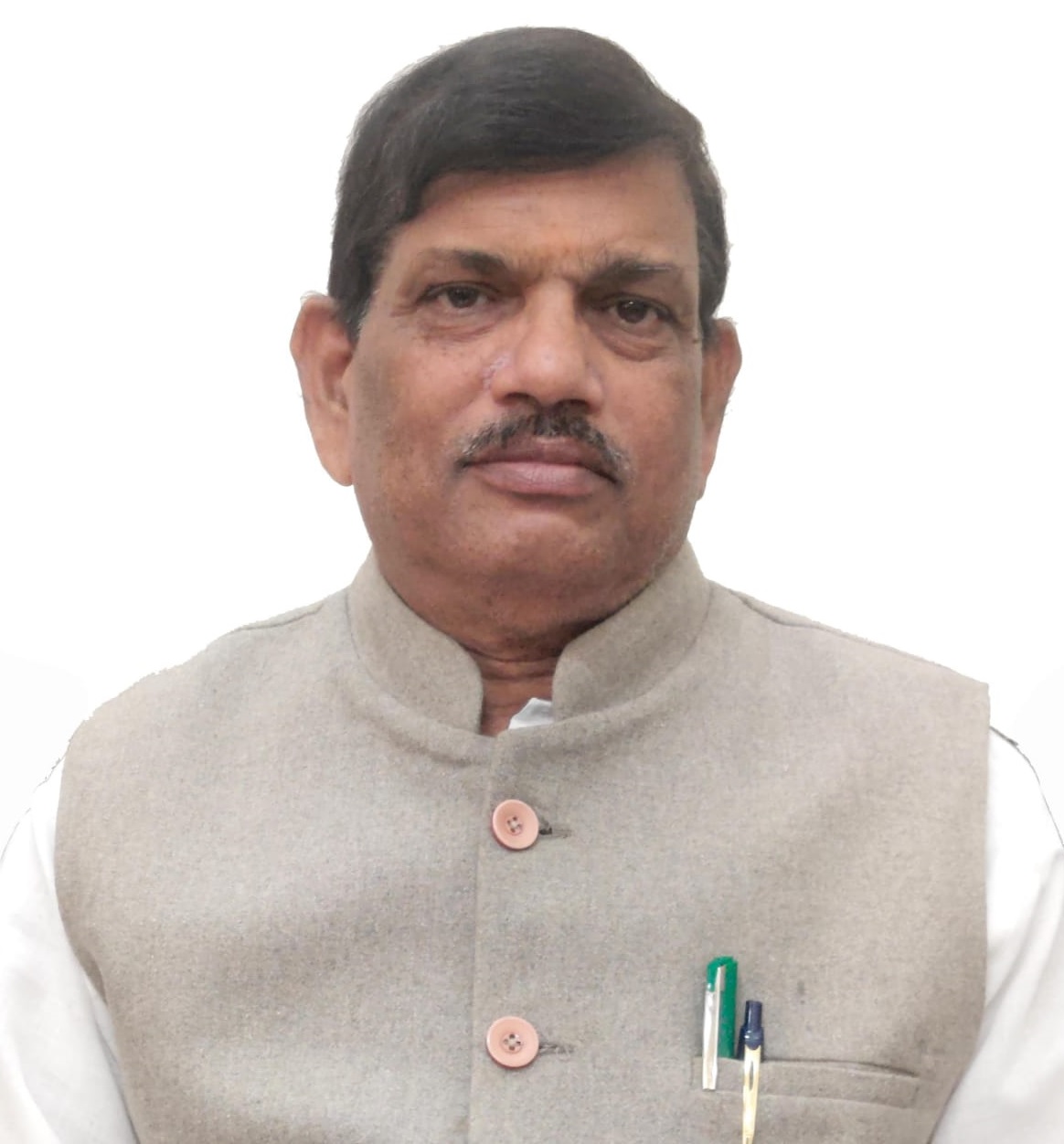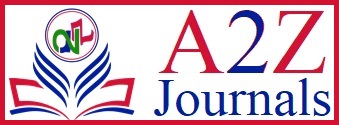Publication Ethics
Journal is a double-blind peer-reviewed journal. This statement indicates the ethical activities of all parties concerned in the act of publishing a manuscript for the journal, i.e.: the author, the editors, the peer-reviewers, and the publisher.
This journal follows the core practices of the Committee on Publication Ethics (COPE) and handles cases of research and publication misconduct accordingly.
The existence of these standards for publication ensures qualitative scientific publications, public trust in scientific findings, and providing proper credit to people for their ideas.
EDITORS RESPONSIBILITY
Journal editors are requested to adhere to the COPE Code of Conduct and Best Practice Guidelines for Journal editors and following ethical guidelines:
Decision on the Publication of Article: It is the whole sole responsibility of the Chief Editor and Associate Editors to make a decision that which manuscript will be accepted for publication after undergoing double-blind peer review. The working of the Chief Editor and Associate Editors shall be based on the policies of the journal's Editorial Board and subjected to such legal requirements regarding libel, copyright infringement, and plagiarism. The Chief Editor and Associate Editors have no authority to influence the reviewers conducting the blind review of the manuscript.
Fairness: The evaluation of the manuscripts shall be on the basis of intellectual merit without consideration of authors' race, gender, religion, origin, citizenship, or political interest.
Confidentiality: The Chief Editor, Associate Editors, or any editorial staff are not supposed to disclose information regarding a submitted manuscript except the corresponding author, reviewers, other editorial advisers, and publication manager.
Disclosure: In a submitted manuscript, the unpublished material must not be used by anyone who has an access to the manuscript (while handling it) by any means without the written permission of the author.
REVIEWERS RESPONSIBILITY
Reviewers are strongly recommended to comply the COPE Ethical Guidelines for Peer Reviewers and adhere to following ethical guidelines:
Contribution of Double-Blind Peer Review: In making editorial decisions the reviewers get assistance from double-blind peer review. The reviewers are unaware of the author's identity. If available any information regarding the identification of the author will be removed from the manuscript before providing to review. Comments communicated to Editor specified by reviewers will be confidential and nameless, and editor has to forward them to the author. The names of the reviewers remain strictly confidential except Chief Editor and Associate Editors.
Promptness: If any selected referee feels unqualified to review the allocated manuscript or due to unavoidable reasons unable to provide a prompt review should notify the Chief Editor and Associate Editors and excuse him/her from the review process.
Confidentiality: The reviewers are supposed to keep confidential the content (abstracts, papers, tools, experiments), opinions of other reviewers, as well as any information regarding the discussion and acceptance/rejection decisions of the manuscript received. They must not be shown to or discussed with others except authorized by the Chief Editor and Associate Editors.
Standards of Objectivity: Reviews should be conducted objectively. Personal interest or criticism of the author is unethical. Referees should express their opinion clearly with supporting arguments.
Acknowledgment of Sources: Identification of relevant published work that has not been cited by the authors must be done by the referees. Any statement that had been previously reported elsewhere should be accompanied by the relevant citation. A reviewer should also intimate to the Chief Editor/Associate Editors if any substantial resemblance or overlap between the article under consideration and any other published article of which they have personal awareness.
Disclosure and Conflict of Interest: Reviewers are supposed to refuse the review of manuscripts in which they may have conflicts of interest due to competitive, collaborative, or any other relationships or connections with any of the authors, companies, or institutions connected to the papers. Any sort of privileged information or ideas gained through double-blind peer review must be kept confidential and it may not be taken for personal use or benefit.
DUTIES OF AUTHORS
Reporting Standards: Authors of the manuscript must report original research indicating an accurate account of the work performed along with an objective discussion of its significance. An article should contain enough details and references to allow others to replicate the work. A deceptive or knowingly incorrect statement comprises unethical conduct and is unacceptable.
Data Access and Retention: Authors may be asked to submit the raw data in association with an article for editorial review, and should be agreed to provide open access to such data, and should, in any event, be prepared to retain such data for a reasonable time after publication.
Originality and Plagiarism: Authors should make sure that the work provided is entirely original works, and if the authors have taken the work and/or words of others, it must be suitably cited or quoted otherwise it may be considered plagiarism. JASE journal published is committed to publishing only original material, i.e., stuff that has neither been published elsewhere nor is under review elsewhere.
Multiple, Redundant, Concurrent, or Duplicate Publication: An author should not publish an article describing the same research in more than one journal because concurrent submission is unethical publishing behavior and is unacceptable. If authors have used their own pre-published work as the basis for a submitted article the proper citation of the previous work must be done in the current article and indicate how their submitted article offers novel offerings ahead of those of the previous work.
Acknowledgment of Sources: The acknowledgment of the work of others must always be provided in the form of a citation of publication. It is unethical to include the citation just to increase the number of citations in the author’s article.
Data Fabrication and Falsification: If it is been found that the data provided is either fabricated or falsified experimental results, including the manipulation of images the article will not be accepted.
Authorship of the Paper: The authorship should be provided to those who have made a significant contribution in the form of co-authors along with the main author (corresponding author). The Corresponding Author is the author responsible for communicating with the journal for publication. The others who have participated in certain substantive aspects of the research project should be acknowledged or listed as contributors.
Acknowledgment of Funding Sources: The funding resources for the research must be reported in the article by acknowledged at the end of the article.
Disclosure and Conflicts of Interest: Authors are required to disclose in their manuscript any financial or another substantive conflict of interest that might be construed to influence the results or interpretation of their manuscript.
Fundamental Errors in Published Works: If the author discovers a considerable fault or imprecision in his/her own published work, it is the author's responsibility to promptly report to the Chief Editor/Associate Editors and cooperate with the editors to withdraw or ask for correction in the paper.
Creative Commons Attribution 4.0 International (CC BY 4.0)
Author(s) is(are) free to share (copy and redistribute) the material in any medium or format. Author(s) is(are) free to remix, transform, and build upon the material for any purpose, even commercially. This license is acceptable for Free Cultural Works. The licensor cannot revoke these freedoms as long as you follow the license terms. Licensees may copy, distribute, display, and perform the work and make derivative works and remixes based on it only if they give the author or licensor the credits (attribution) in the manner specified by these. Authors retain the copyright and full publishing rights without restrictions.
For more detail refer to the link: https://creativecommons.org/licenses/by/4.0/
Repository Policy
We encourage authors to post their pre-publication manuscripts in institutional repositories or on their websites prior to and during the submission process and to post the Publisher’s final formatted PDF version after publication without embargo. These practices benefit authors with productive exchanges as well as earlier and greater citation of published work.
Self-archiving policy
A preprint is the author’s version of the Article before peer-review has taken place ("Pre-Print”). Prior to acceptance for publication, the Author(s) retain the right to make a Pre-Print of their Article available on any of the following: their own personal, self-maintained website; a legally compliant pre-print server such as but not limited to arXiv and bioRxiv. Once the article has been published, the Author(s) should update the acknowledgment and provide a link to the definitive version on the publisher’s website: “This is a pre-print of an article published in [insert journal title].
Other details can be found on the following links:
Allegations of Misconduct
Allegations should be sent to the Editor-in-Chief (Email: ijahr.a2zeditor@gmail.com), except that if the allegations concern an Editor-in-Chief, the allegations can be sent to Journal Editorial Office (Email: manager@a2zjournals.com).
Recommended Reading
Plagiarism in a submitted manuscript
Redundant (duplicate) publication in a published article
Fabricated data in a submitted manuscript
Fabricated data in a published article
Reviewer suspected to have appropriated an author’s ideas or data
Suspected ethical problem in a submitted manuscript
Responding to whistleblowers when concerns are raised directly
Appeals
Authors may appeal if they feel that the decision to reject was based on either of:
i) a major misunderstanding over a technical aspect of the manuscript.
ii) a failure to understand the scientific advance shown by the manuscript.
Appeals requesting a second opinion without sufficient justification will not be considered. To lodge an appeal, please contact Journal Editorial Office by email, quoting your manuscript number. Appeals will only be considered from the original submitting author.



















